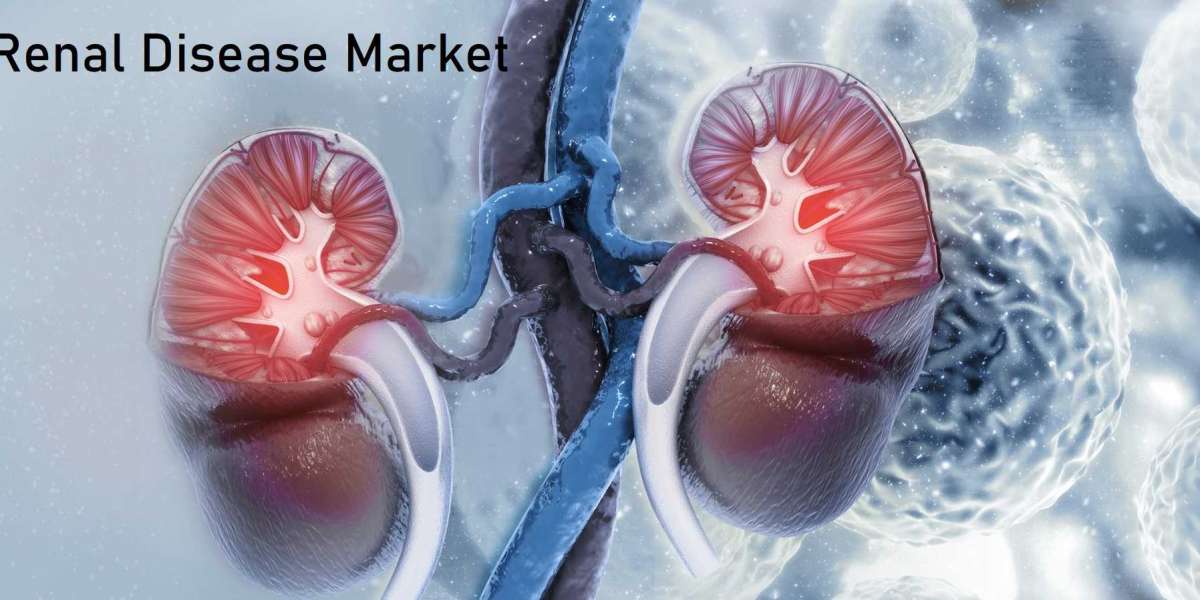Along with taxes, death is one of life's few unavoidable facts of existence. Despite this certainty, most individuals find it difficult to contemplate and discuss when, how, or under what circumstances they could pass away.
They are also apprehensive about discussing the subject with their families for fear of offending them. Ironically, though, discussing death with loved ones "early and often" might be the most beneficial thing you can do for them.
As a sociologist who has spent more than two decades researching end-of-life problems, I've discovered that while individuals are aware that they should talk about death honestly and freely, they are shockingly small in number. One recent survey found that while 90 percent of individuals believe that discussing their end-of-life desires with their loved ones is vital, just 27 percent had actually had these discussions with their loved ones.
It's terrifying to think of our own sorrow, let alone the suffering of our loved ones. However, everyone should talk about and prepare for death exactly because we want to reduce our own pain at the end of life, as well as the sorrow of loved ones who have been left to mourn our passing.
There isn't enough time to plan.
Because of the COVID-19 epidemic, which has altered the way Americans die, these discussions are more important than ever.
For the past several decades, chronic diseases such as heart disease, cancer, and lung disease have killed the majority of individuals. For those suffering from these illnesses, the delay between diagnosis and death might be months or even years long. Patients and their families will have adequate time to express their emotions, complete unfinished business, and make practical preparations for death – such as estate planning, advance care planning and even arranging a celebration of life that will bear the creative mark of the dying patient.
In contrast, when the COVD pandemic occurred in 2020, fatalities from the disease began to come fast and suddenly, with many people succumbing only a few days after experiencing their initial symptoms. Their families were deprived of their final moments together, and in many cases, there were no documents in place to direct the patient's health care or the division of their belongings after their death. This suddenness, solitude, and lack of preparation are all characteristics of a "terrible death," which is distressing for both the patient and his or her family.
What should be included
Advance care planning, which commonly consists of a living will and a health care proxy, allows people to express their preferences for medical treatments at the end of their lives and to communicate their preferences for medical treatments at the beginning of their lives.
Living wills are legal documents that express the wishes of the testator for medical treatment, including whether or not to utilize comfort measures such as hospice and palliative care or more invasive measures such as feeding tubes and ventilators. In the event that the patient is still capable of making decisions, documenting their preferences might assist to guarantee that they die on their own terms, which is an important component of achieving a "happy death."
When people are still relatively young and healthy, they have the chance to choose who will be entrusted with making decisions about their care towards the end of life, a process known as an advance directive. It also outlines the roles and obligations of loved ones, which can help to avoid disagreements that may emerge near the deathbed. Having these talks early on also helps to avoid making hasty decisions when someone's health takes a drastic turn for the worse in the future.



